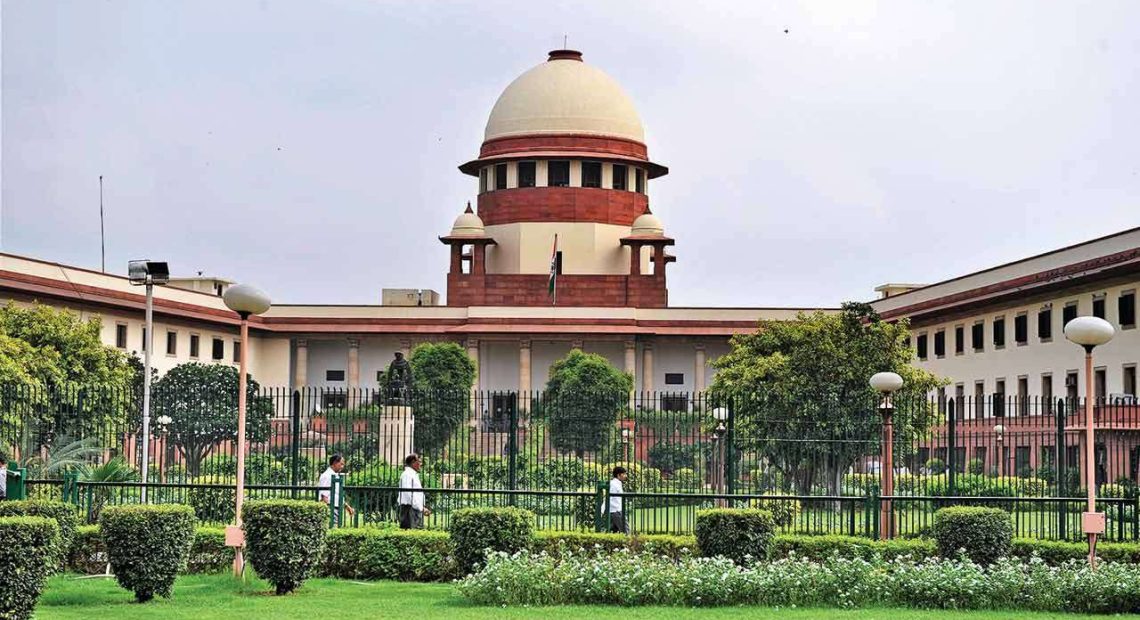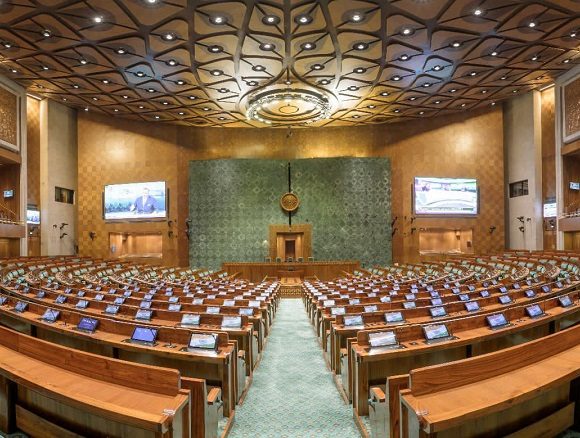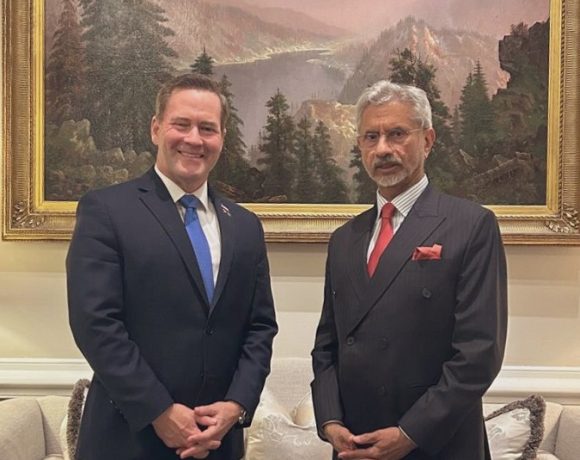
Supreme Court Reserves Order on Waqf Amendment Act 2025
The Supreme Court of India has reserved its decision on a series of petitions challenging the constitutional validity of the Waqf (Amendment) Act 2025. A bench comprising Chief Justice B.R. Gavai and Justice A.G. Masih concluded a three-day hearing on May 22, focusing on whether the amended provisions infringe upon fundamental religious freedoms and minority rights.
The petitioners, as well as the central government, presented sharply contrasting interpretations of the Act’s objectives, scope, and constitutionality.
Petitioners Raise Constitutional and Religious Objections
The petitioners argued that the 2025 amendment violates Articles 25 and 26 of the Constitution, which guarantee the right to freely profess, practice, and manage religious affairs. Key concerns raised include:
- Exclusion of Non-Muslims from Creating Waqf: The Act reintroduces a clause stating only Muslims can establish Waqfs, a move petitioners say is discriminatory and arbitrary.
- Mandatory Five-Year Islamic Practice Rule: A clause requiring individuals to have practiced Islam for five years before creating a Waqf was challenged as unconstitutional.
- Control Over Religious Endowments: Petitioners argued that increased regulatory oversight by the state amounts to interference in religious practices.
They contended that the amendments go beyond administrative necessity and intrude into the realm of constitutionally protected religious rights.
Centre Defends the Law as Regulatory and Non-Religious
Solicitor General Tushar Mehta, representing the Union government, asserted that Waqf creation is not an essential religious practice and hence not protected under Article 25. He stated that:
- Waqf is Property Law, Not Theology: The law regulates public charitable endowments and thus falls under administrative regulation, not religious doctrine.
- Existing Provisions Restored: Provisions like excluding non-Muslims existed in the 1923 law and were reinstated to avoid fraud and preserve the sanctity of the institution.
- Accountability Over Autonomy: The amendments, according to the Centre, aim to ensure transparency and prevent misuse of Waqf land by unscrupulous elements.
Mehta also dismissed the argument that Waqf properties should be outside state regulation, arguing that religious oversight cannot be allowed to override public interest.
Judicial Bench Weighs Federal and Cultural Implications
The bench made several critical observations during the hearings. Justice Masih notably questioned the rationale behind barring the creation of Waqfs on land located in Scheduled Areas, especially when the religion of the individual remains unchanged across cultural zones.
Chief Justice Gavai reminded the court that the obligation to register Waqf properties has existed in Indian law since the early 20th century, suggesting that this is not a new imposition under the 2025 Act.
These remarks indicate that the court is carefully balancing the competing claims of religious autonomy with the state’s duty to ensure transparency and legal compliance in the management of charitable assets.
Awaiting Supreme Court’s Final Verdict
With the court having reserved its judgment, legal experts anticipate a significant ruling that could reshape how religious endowments, particularly those governed by minority religious institutions, are regulated in India.
The verdict will not only clarify the boundaries of religious freedom under the Constitution but also set precedent for how the state engages with religious trusts and community-managed properties going forward.


















